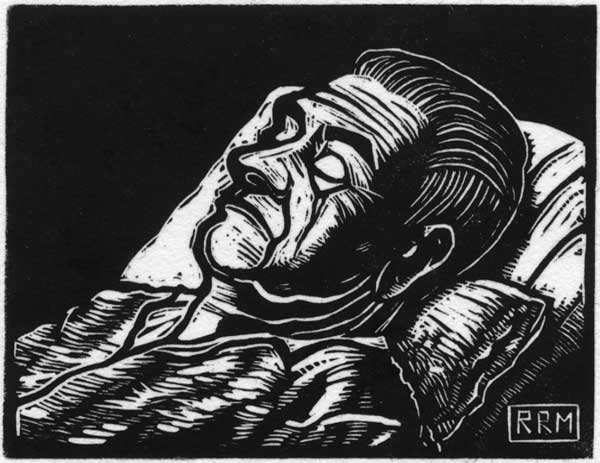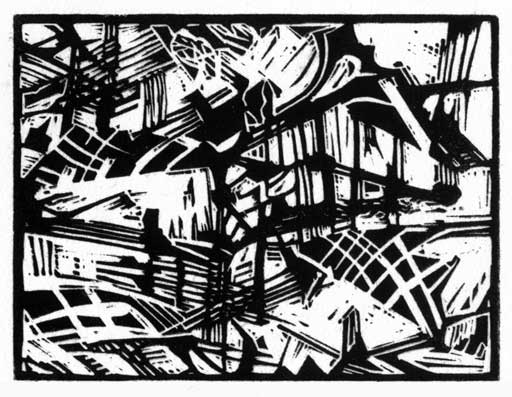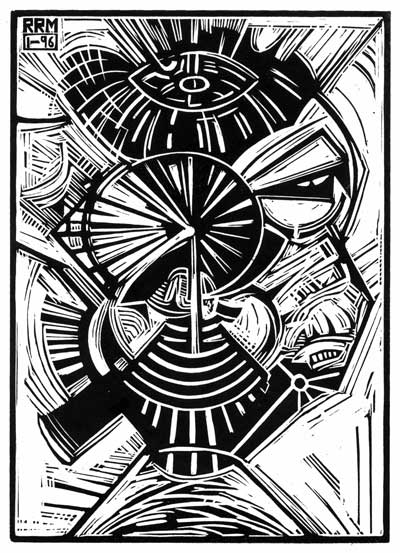“I thought of a labyrinth of labyrinths,
of one sinuous spreading labyrinth
that would encompass the past and the future
and in some way involve the stars.”1
Medicalization refers to the name given to a condition or behavior. It encompasses defining the condition or behavior in medical terms and using a medical intervention to treat it. This process has been considered key to enable understanding and reduce stigma.
A debate with medicalization is coming to terms with what is decided to be suitable for medical prevention and – consequently – medical social control. “Deviant behaviors that were once defined as immoral, sinful, or criminal have been given medical meanings. Some say that rehabilitation has replaced punishment, but in many cases medical treatments have become a new form of punishment and social control.”2
Simultaneously, there is a continuous expansion of medical jurisdiction on life as conditions and behaviors are medicalized. That is, as medicine is commodified, medicalization involves profit-making medical marketing. “The more time, toil, and sacrifice spent by a population in producing medicine as a commodity, the larger will be the by-product, namely, the fallacy that society has a supply of health locked away which can be mined and marketed.”3
One view of medicalization puts forth that it can be harmful to people through iatrogenesis, a process in which illness and social problems increase due to medical intervention. This process occurs on three levels:
- the clinical: involving serious side effects worse than the original condition.
- the social: whereby the general public is made docile and reliant on the medical profession to cope with life in their society.
- the structural: whereby the idea of aging and dying as medical illnesses effectively “medicalized” human life and left individuals and societies less able to deal with these “natural” processes.4

“Most curable sickness can now be diagnosed and treated by laymen. People find it so difficult to accept this statement because the complexity of medical ritual has hidden from them the simplicity of its basic procedures.”5
Another view questions the medicalization of poverty and naming it mental illness. For instance, when mental illness is perceived in the countless ways “disadvantaged” people manage and bear demanding conditions – e.g. job and housing uncertainty.

A diagnosis of ADHD is given to a 9-year-old who cannot focus on the lesson at school. Meanwhile, he or she is focusing on how to return home safely, care for the siblings and get some sleep. A 15-year-old who courageously challenges an unpredictable parent is named Defiant. Behaviors or conditions are named dysfunctional in one context – e.g. school or work – while they can be understood in another – e.g. home or neighborhood. “I have striven not to laugh at human actions, not to weep at them, nor to hate them, but to understand them.”6
Medicalization becomes a negligent bystander when it is evident that a diagnosis overlooks the intersecting causes of a condition or behavior – e.g. social inequality, poverty and cultural differences.7 “So you see, all of these influences together make him somewhat shy and quiet—and perhaps “slow” according to your standards.8“ Even if good intentioned, the politics of medicalization can be uninformed and one sided.
But not always. “You know the difference between a real science and a pseudoscience? A real science recognizes and accepts its own history without feeling attacked.”9 There exists demedicalization shifting, developing, emerging, discovering, changing…10 “I leave to the various futures (not to all) my garden of forking paths.”11

LINKS:
- Jorge Luis Borges. The Garden of Forking Paths.
- Peter Conrad. Deviance and Medicalization: From Badness to Sickness.
- Ivan Illich. Limits to Medicine: Medical Nemesis: The Expropriation of Health.
- Ibid.
- Ivan Illich. Tools for Conviviality.
- Baruch Spinoza. Tractacus Politicus.
- Vicente Navarro. The Political Economy of Social Inequalities. Consequences for Health and Quality of Life
- An Indian Father’s Plea.
- Martin, L. H. et al. Truth, Power, Self: An Interview with Michel Foucault. October 25th, 1982.
- Peter Conrad. The Medicalization of Society: On the Transformation of Human Conditions.
- Jorge Luis Borges. The Garden of Forking Paths.

Andrea Mosley says
An amazing collaboration of insightful intellect and information that most refuse to acknowledge. The simple truth is the reality of the pharmaceutical/medical industry and its need to extract more money from the general public BY ANY means.
p.s. Great visuals by Mr Rivera- he is truly gifted in composing in art, your words on the page.